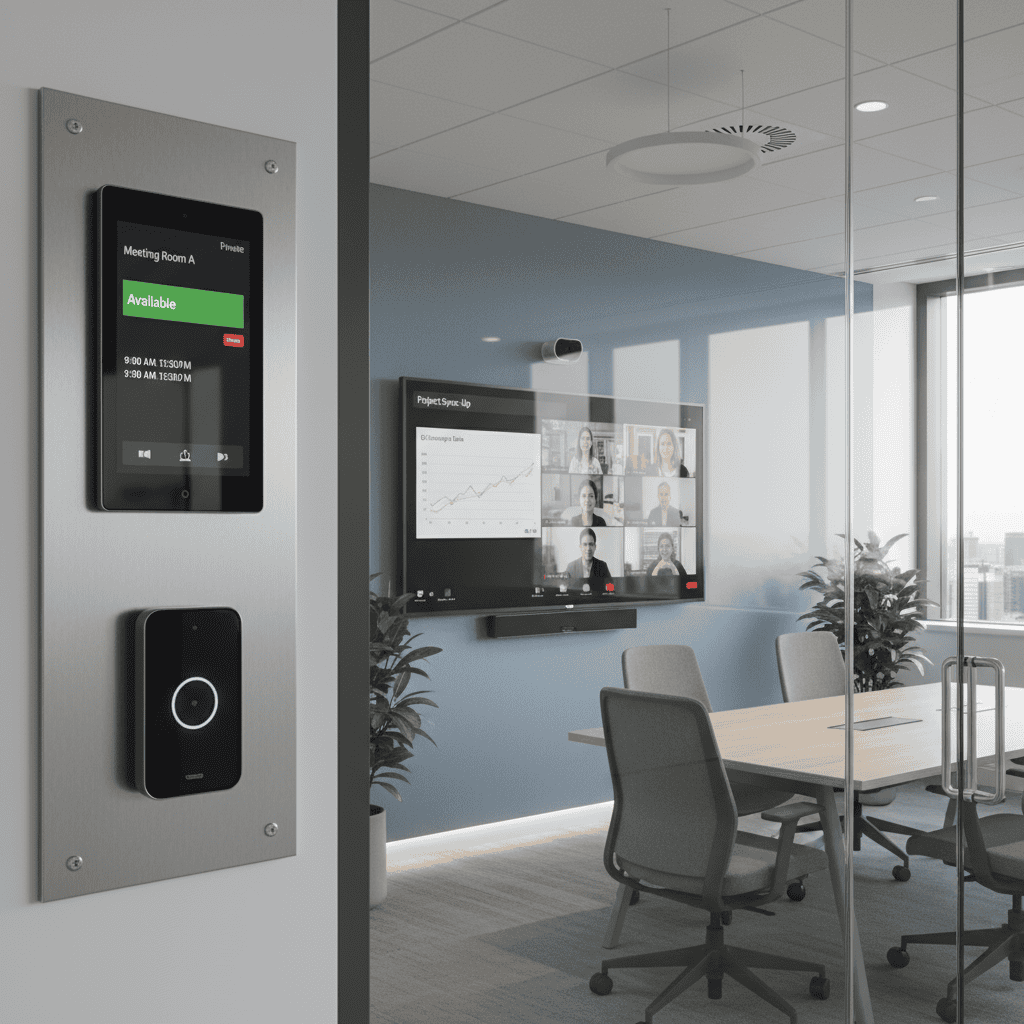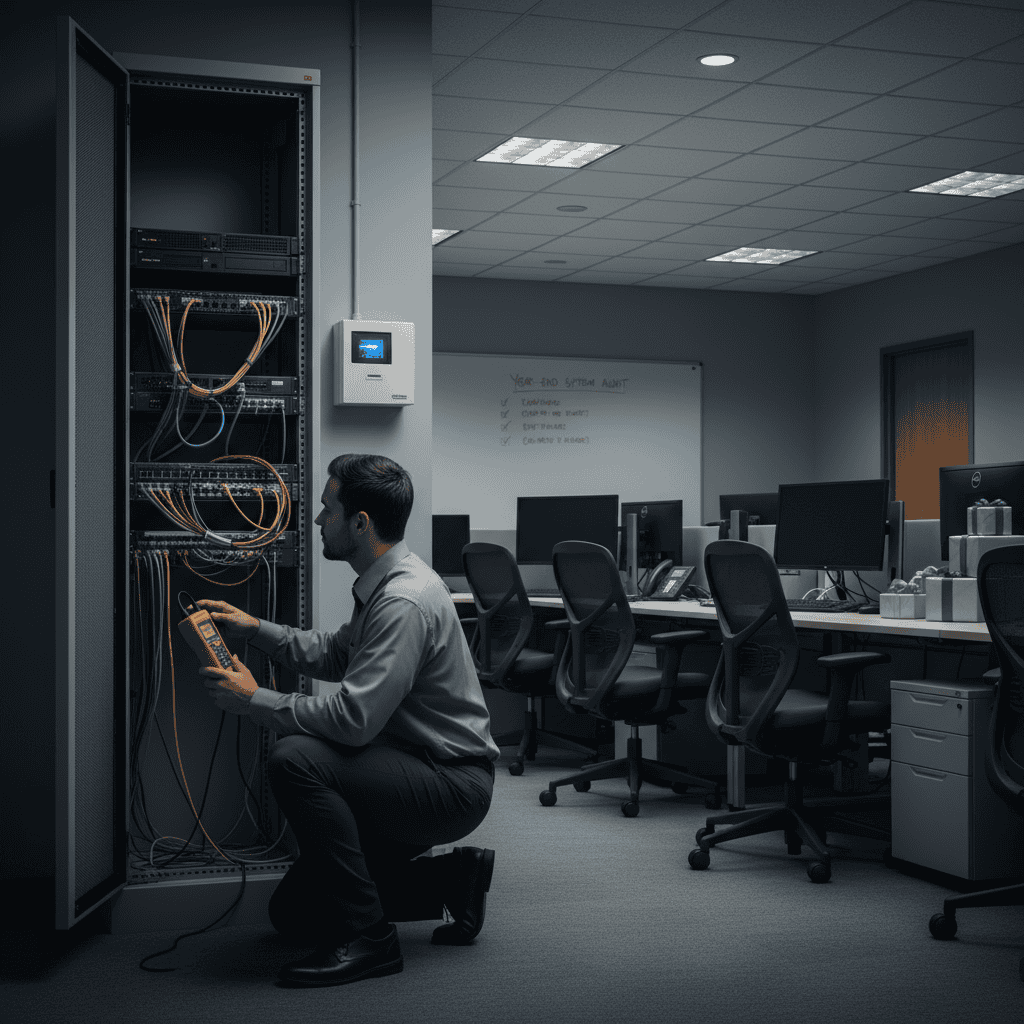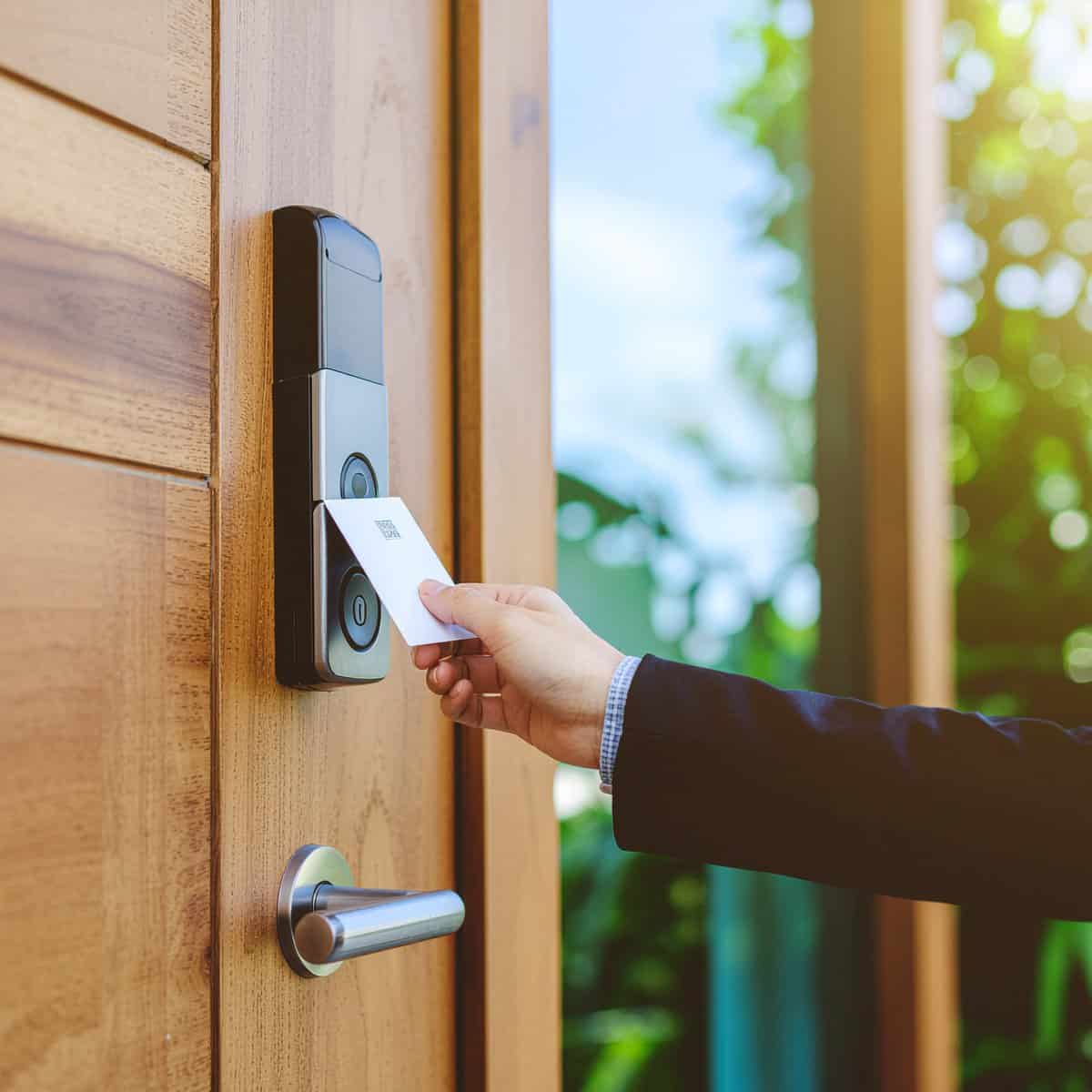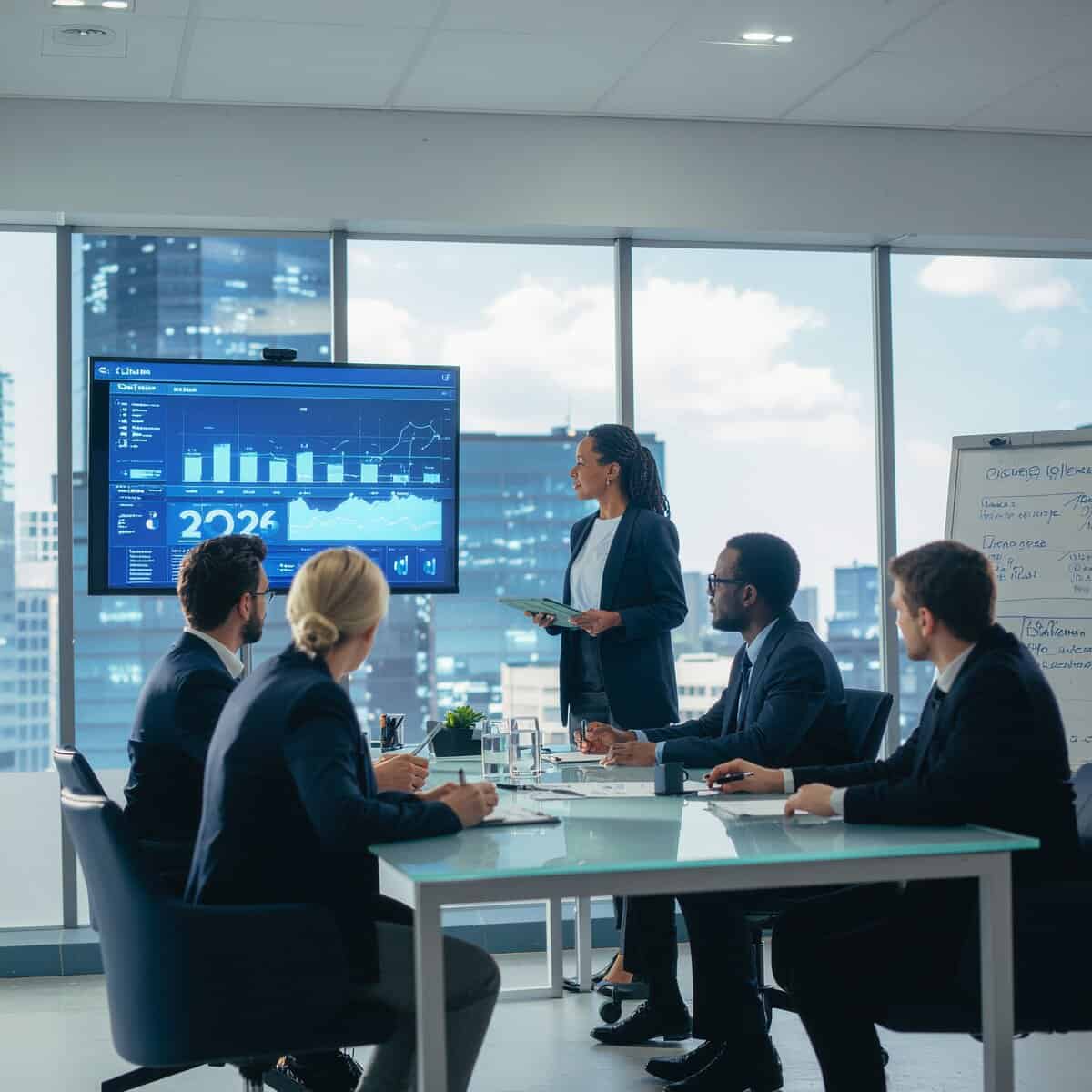The Importance of Regular Maintenance for AV Systems
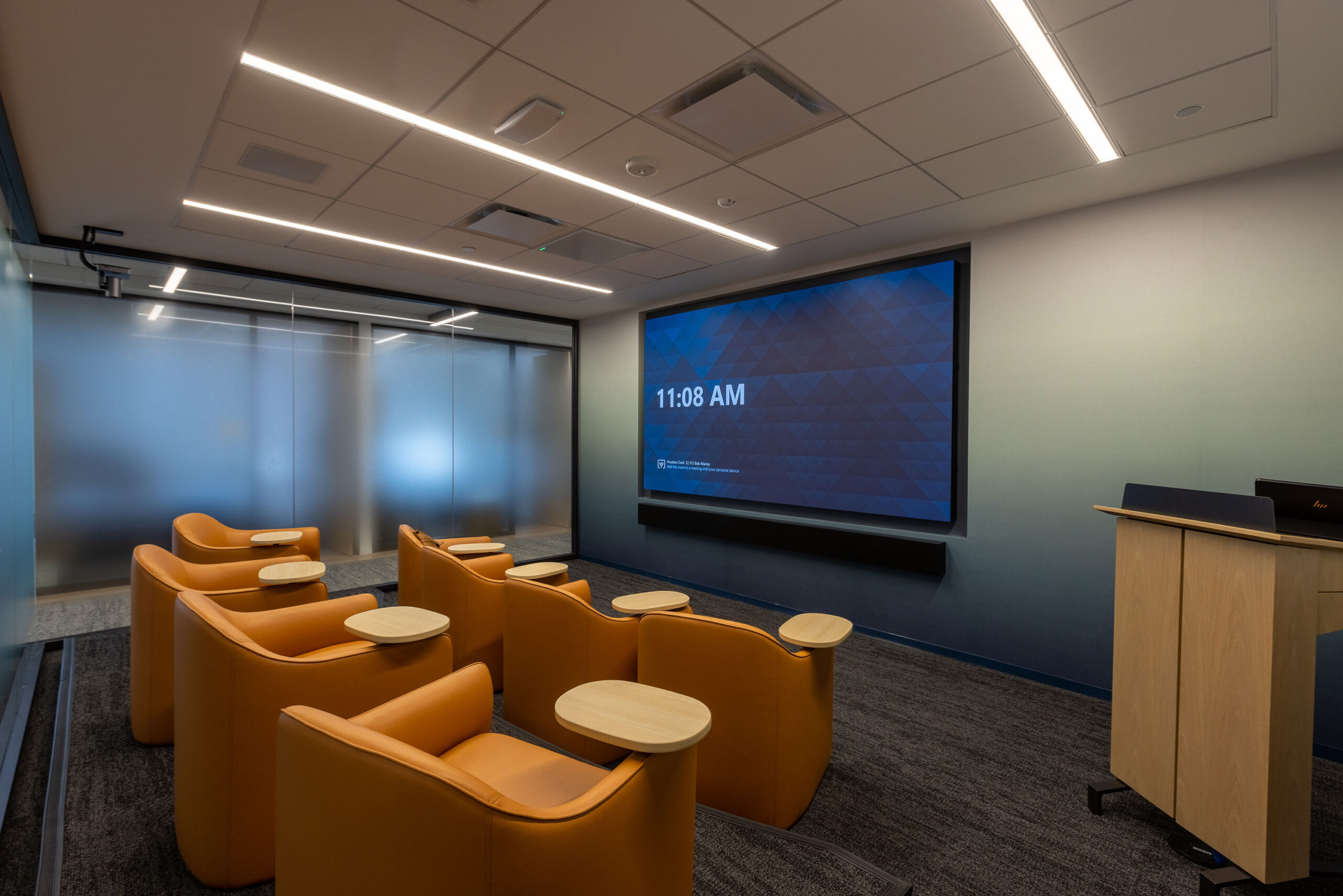
Audio/Visual (AV) systems play a crucial role in corporate offices, educational institutions, entertainment venues, and public spaces. These systems are essential for presentations, communications, and enhancing user experiences. However, like any other technology, AV systems require regular maintenance to ensure they operate optimally and provide consistent performance.
Prolonging Equipment Lifespan
One of the primary benefits of regular maintenance is the prolonged lifespan of AV equipment. Over time, dust, dirt, and other environmental factors can accumulate on sensitive components such as projectors, cameras, and microphones, leading to potential damage or reduced functionality. Regular cleaning and inspection help prevent these issues, ensuring that the equipment remains in good working condition for as long as possible. By investing in maintenance, organizations can delay the need for costly replacements, ultimately saving money.
Ensuring Consistent Performance
AV systems are often used for critical functions, such as video conferences, live events, or educational lectures. Any malfunction during these activities can lead to significant disruptions and frustration. Regular maintenance helps ensure that all components, including software and hardware, are functioning correctly. This includes checking connections, calibrating displays, updating software, and testing audio and video outputs. Consistent performance is vital for maintaining a professional image and delivering high-quality experiences to users.
Preventing Unexpected Downtime
Unexpected downtime can be costly and inconvenient, especially if it occurs during crucial events or business operations. Regular maintenance allows for the early detection of potential issues, such as worn-out cables, failing components, or outdated firmware. Addressing these issues proactively can prevent sudden breakdowns and minimize the risk of unexpected downtime. This proactive approach helps organizations avoid the stress and costs associated with emergency repairs and lost productivity.
Enhancing Security and Compliance
Incorporating regular maintenance into your AV system management also contributes to enhancing security and ensuring compliance with industry standards. Outdated software or firmware can expose systems to security vulnerabilities, potentially compromising sensitive information or enabling unauthorized access. Regular updates and security checks are crucial to protecting AV systems from cyber threats. Additionally, compliance with industry standards and regulations may require regular maintenance and documentation, particularly in sectors like healthcare, finance, or government.
Optimizing User Experience
User experience is a critical factor in the effectiveness of AV systems. Whether it’s a conference room setup, a classroom, or a public announcement system, users expect seamless, high-quality audio and visual performance. Regular maintenance ensures that displays are clear, sound systems are properly balanced, and interactive components function smoothly. This attention to detail enhances the overall user experience, leading to greater satisfaction and engagement.
Supporting Technological Upgrades
Technology is continuously evolving, and AV systems are no exception. Regular maintenance provides an opportunity to evaluate existing equipment and consider upgrades or enhancements. This could involve integrating new features, improving compatibility with other systems, or adopting more energy-efficient technologies. Keeping AV systems up-to-date with the latest advancements helps organizations stay competitive and ensures that they can meet the changing needs of users.
Cost-Effective Management
While regular maintenance involves an investment of time and resources, it is a cost-effective strategy in the long run. Preventative maintenance helps identify and address minor issues before they escalate into major problems requiring extensive repairs or replacements. This approach not only reduces downtime and repair costs but also maximizes the return on investment for AV equipment.
Customizing Maintenance Plans
AV systems vary widely in complexity and usage, from simple setups in small meeting rooms to extensive networks in large auditoriums. Therefore, maintenance plans should be customized to meet the specific needs of each system. Factors to consider include the type of equipment, the environment in which it operates, and the frequency of use. Organizations should work with professional AV service providers to develop a maintenance schedule that includes routine inspections, cleaning, software updates, and component testing.
Regular maintenance is essential for the optimal performance, longevity, and security of AV systems. By prioritizing maintenance, organizations can ensure consistent quality, prevent unexpected downtime, enhance user experience, and support technological upgrades. Whether for business, education, or entertainment, well-maintained AV systems are a valuable asset that contributes to the success and satisfaction of users. Investing in regular maintenance is a wise decision that pays dividends in reliability, performance, and overall value. If you have questions about your AV systems, contact i.e.Smart Systems today.
About i.e.Smart Systems
i.e.Smart Systems is a Houston, TX based technology integration partner that specializes in design and installation of audio/visual technology and structured cabling. For more than three decades, our team of in-house experts has partnered with business owners, architectural firms, general contractors, construction managers, real estate developers, and designers in the Houston market, to deliver reliable, scalable solutions that align with their unique goals.

